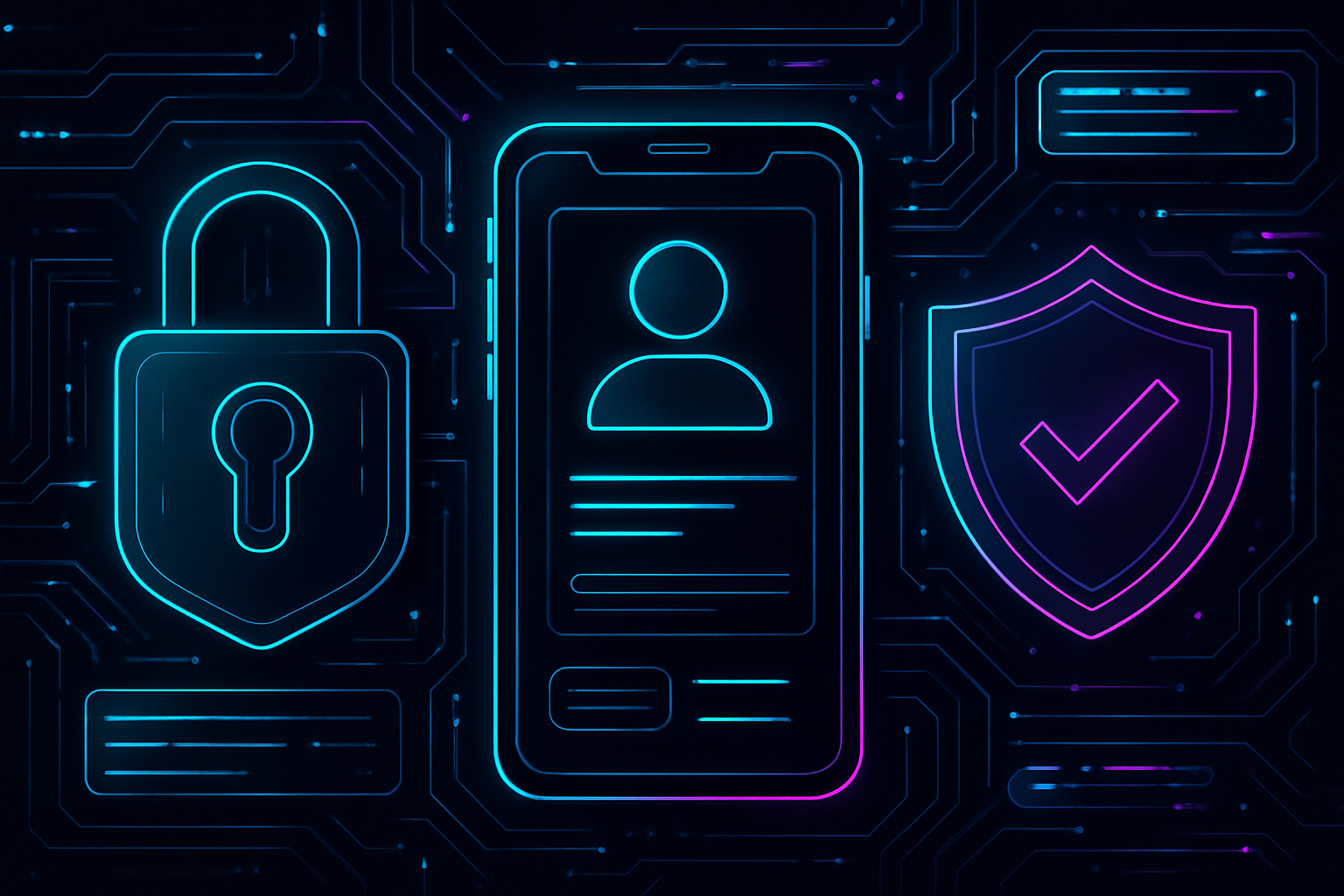
Zero-knowledge proofs (ZKPs) have emerged as a transformative force in the realm of digital identity, particularly within decentralized identity wallets. As privacy concerns intensify and regulatory landscapes evolve, ZKPs enable individuals and organizations to assert facts about themselves, such as age or residency, without disclosing sensitive underlying data. This cryptographic innovation is increasingly recognized as a linchpin for privacy in decentralized identity management, aligning with the principles of self-sovereign identity and data minimization.

How Zero-Knowledge Proofs Work in Decentralized Identity Wallets
At their core, zero-knowledge proofs allow one party (the prover) to convince another party (the verifier) that a statement is true, without revealing any information apart from the fact that the statement is indeed true. In decentralized identity wallets, this means users can prove possession of certain credentials or attributes without exposing the actual data itself.
For example, consider a scenario where an online service needs to verify that a user is over 18 years old. With traditional methods, users often submit government-issued IDs, unnecessarily revealing their full birth date, address, and even ID numbers. ZKPs allow the wallet to generate a cryptographic proof that only attests to the user being over 18, nothing more. This approach dramatically reduces the amount of personal data shared with third parties.
Selective Disclosure: The Cornerstone of Privacy
Selectively disclosing only what is necessary is at the heart of privacy-centric digital identity solutions. Decentralized identity wallets equipped with ZKP capabilities empower users to control exactly what information they share, and with whom. This selective disclosure aligns perfectly with global regulatory trends emphasizing data minimization and user consent.
Several platforms are already leveraging ZKPs for granular, attribute-based verification:
Leading Platforms Using ZKPs for Decentralized Identity
-
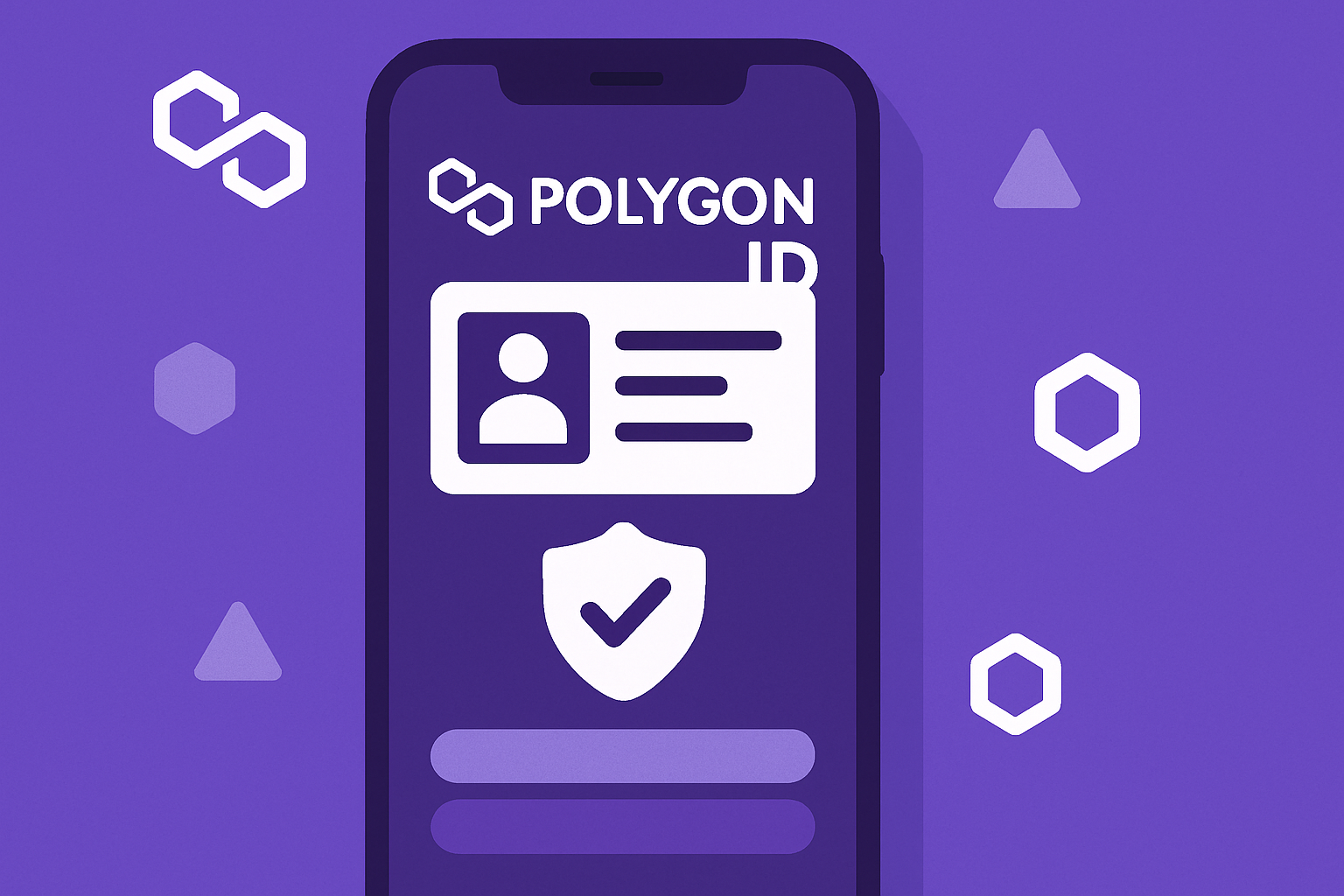
Polygon ID: Polygon ID leverages zero-knowledge proofs to enable self-sovereign identity for Web3 users. Through selective disclosure, users can prove attributes such as age or residency without exposing sensitive personal data, ensuring robust privacy and control.
-
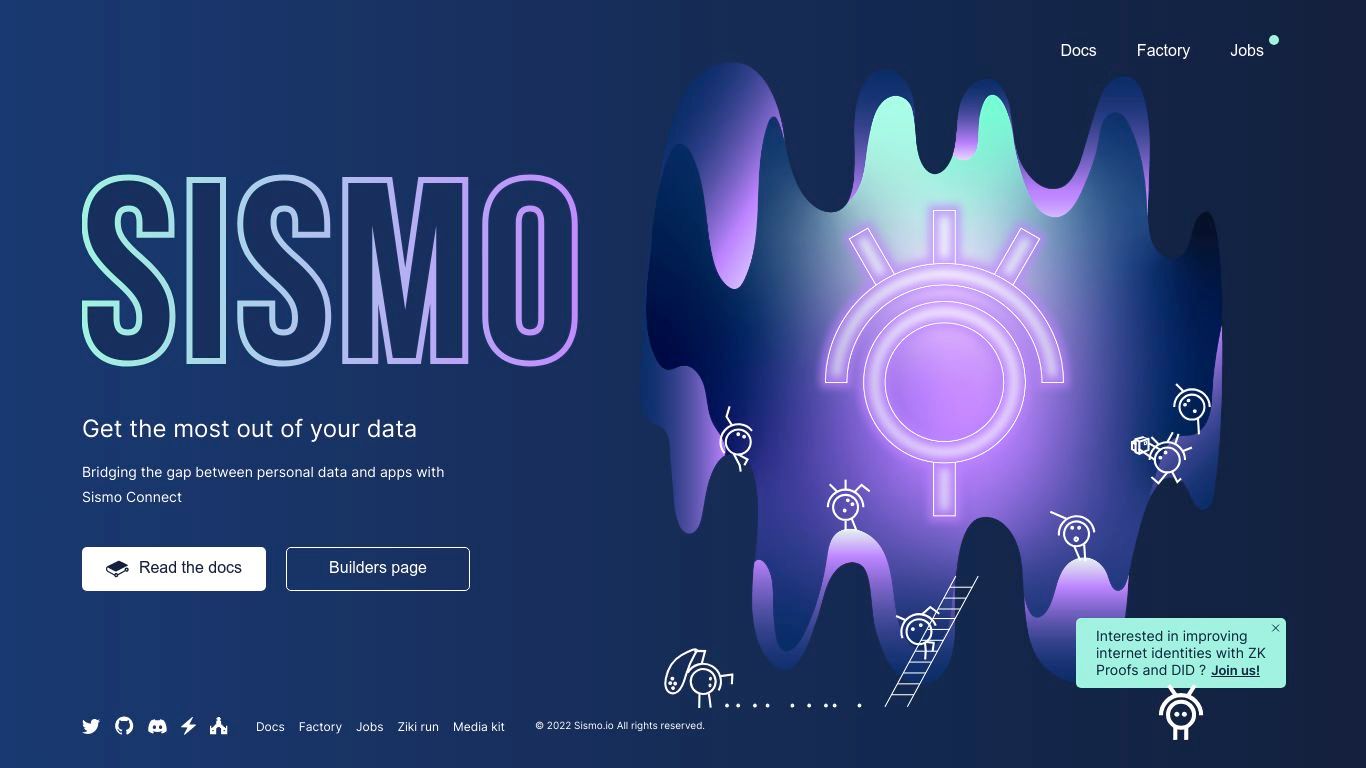
Sismo: Sismo employs zero-knowledge proofs to allow users to anonymously prove their reputation, group membership, or achievements. This privacy-centric approach enhances digital interactions without revealing underlying identity information.
-
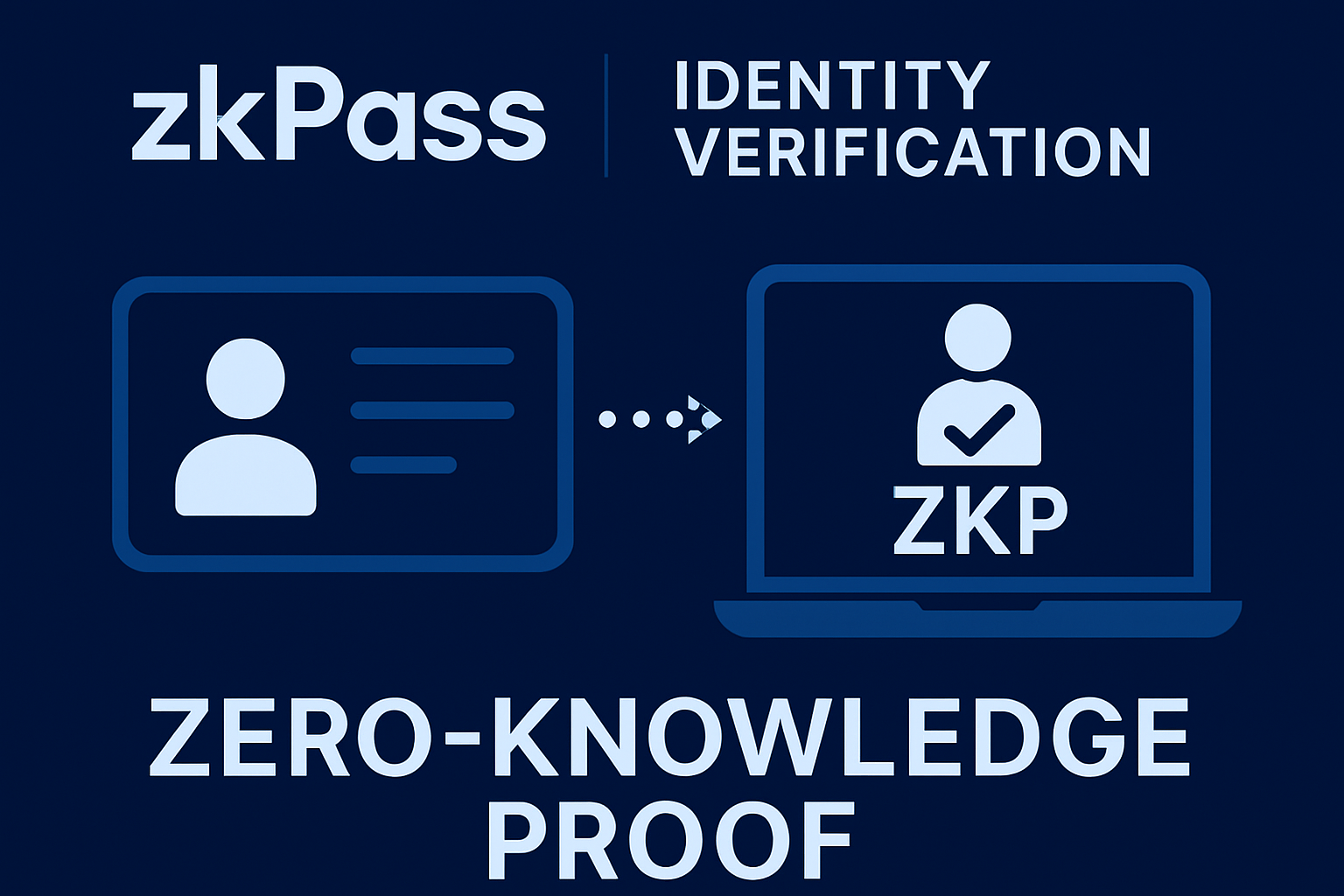
zkPass: zkPass enables users to generate off-chain verifiable proofs from Web2 documents using zero-knowledge proofs. This facilitates compliant access to DeFi and other services without exposing personal information, supporting secure and private identity verification.
This practical application not only mitigates risks such as identity theft and data breaches but also builds trust between users and service providers by reducing unnecessary exposure of personal details.
User Control and Self-Sovereign Identity
The integration of ZKPs into decentralized identity wallets reinforces the self-sovereign identity paradigm. Here, individuals are not reliant on centralized authorities or intermediaries to manage their digital credentials. Instead, they retain full control over their personal data and can decide on a per-request basis what information to disclose.
This model also enhances security: since sensitive data remains encrypted within the wallet and is never directly transmitted during verification processes, attack surfaces are significantly minimized. The result is a robust framework where users’ identities are both portable and private, a critical advancement for Web3 applications, cross-border compliance (such as KYC/AML), and community governance.
To further explore technical details and real-world use cases for ZKPs in digital ID management, see this comprehensive guide.
As decentralized identity technology matures, the value proposition of zero-knowledge proofs (ZKPs) becomes increasingly evident. Beyond simply concealing data, ZKPs empower individuals and organizations to build trust in digital interactions without the burdensome trade-off of privacy loss. The combination of privacy, regulatory alignment, and operational efficiency is driving adoption across both Web3-native and enterprise-grade identity solutions.
Real-World Impact: Privacy Without Compromise
The practical implications of ZKPs in decentralized identity wallets are far-reaching. For example, platforms like Polygon ID and Sismo demonstrate how users can authenticate for age-restricted services, join online communities, or participate in governance without exposing their full credentials. This is especially critical as digital onboarding processes become more prevalent in sectors such as finance, healthcare, and education.
Moreover, zkPass illustrates a powerful use case by allowing users to generate verifiable proofs from Web2 documents, thereby bridging legacy systems with privacy-preserving Web3 environments. These innovations highlight the growing importance of zero-knowledge technology in digital identity management, offering compliance with regulations like GDPR while maintaining self-sovereignty.
Challenges and Future Directions
Despite their promise, ZKP-enabled decentralized identity wallets are not without challenges. Computational costs, user experience friction, and the need for standardized protocols remain open issues. However, active research and collaboration between blockchain developers, cryptographers, and policy makers are accelerating improvements in scalability and interoperability.
As regulatory frameworks evolve to recognize privacy-enhancing technologies, we can expect broader institutional support for ZKP-based verification methods. The convergence of user demand for privacy, technological innovation, and legal compliance sets the stage for mainstream adoption of zk identity wallet benefits.
Key Advantages of Zero-Knowledge Proofs in DID Wallets
-

Selective Disclosure of Credentials: ZKPs enable users to prove specific attributes (such as age or citizenship) without revealing underlying personal data, minimizing information exposure and reducing identity theft risks.
-
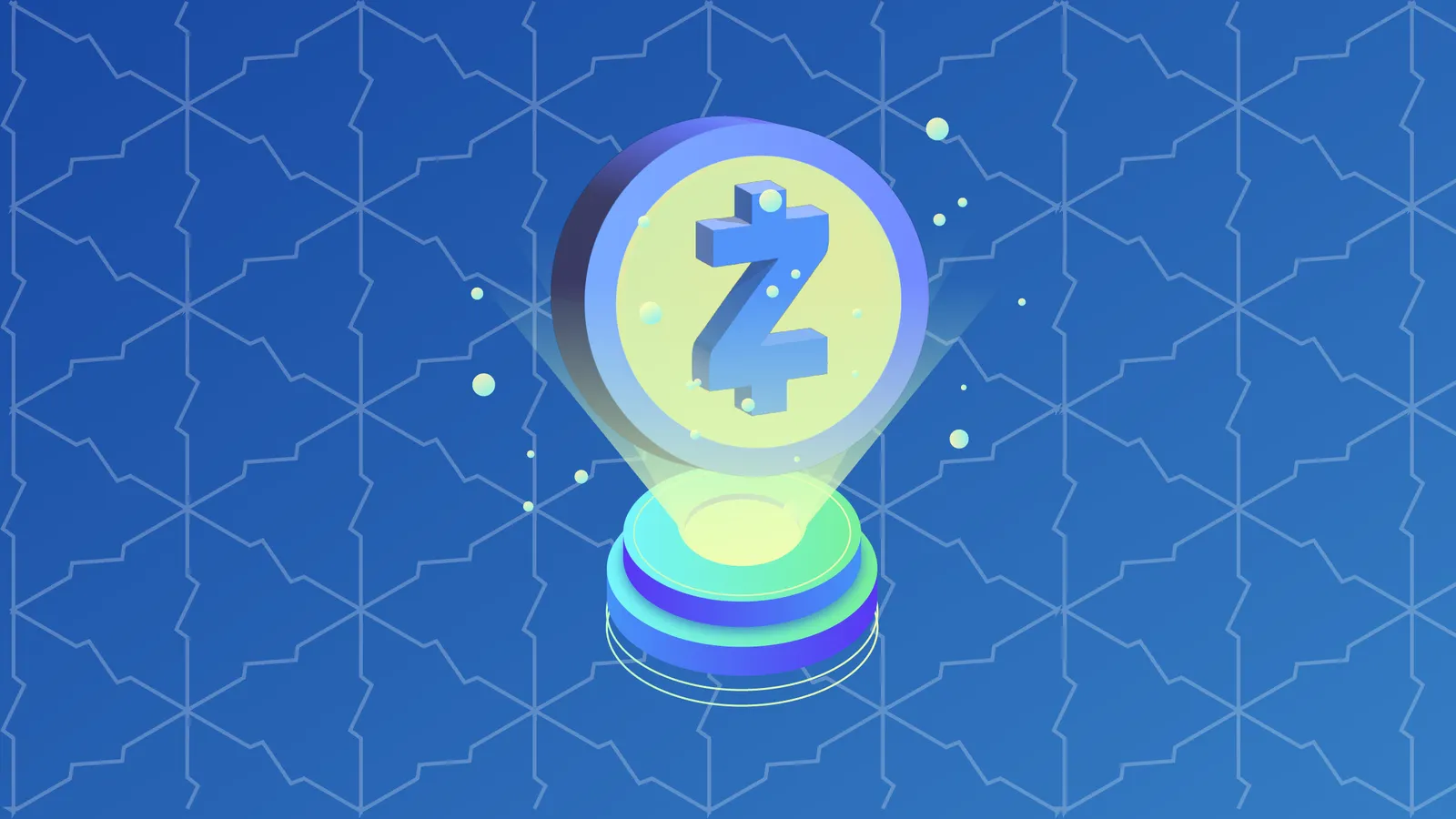
Enhanced Security and User Control: With ZKPs, users retain full control over their personal data, sharing only what is necessary while keeping sensitive information encrypted and protected during verification.
-
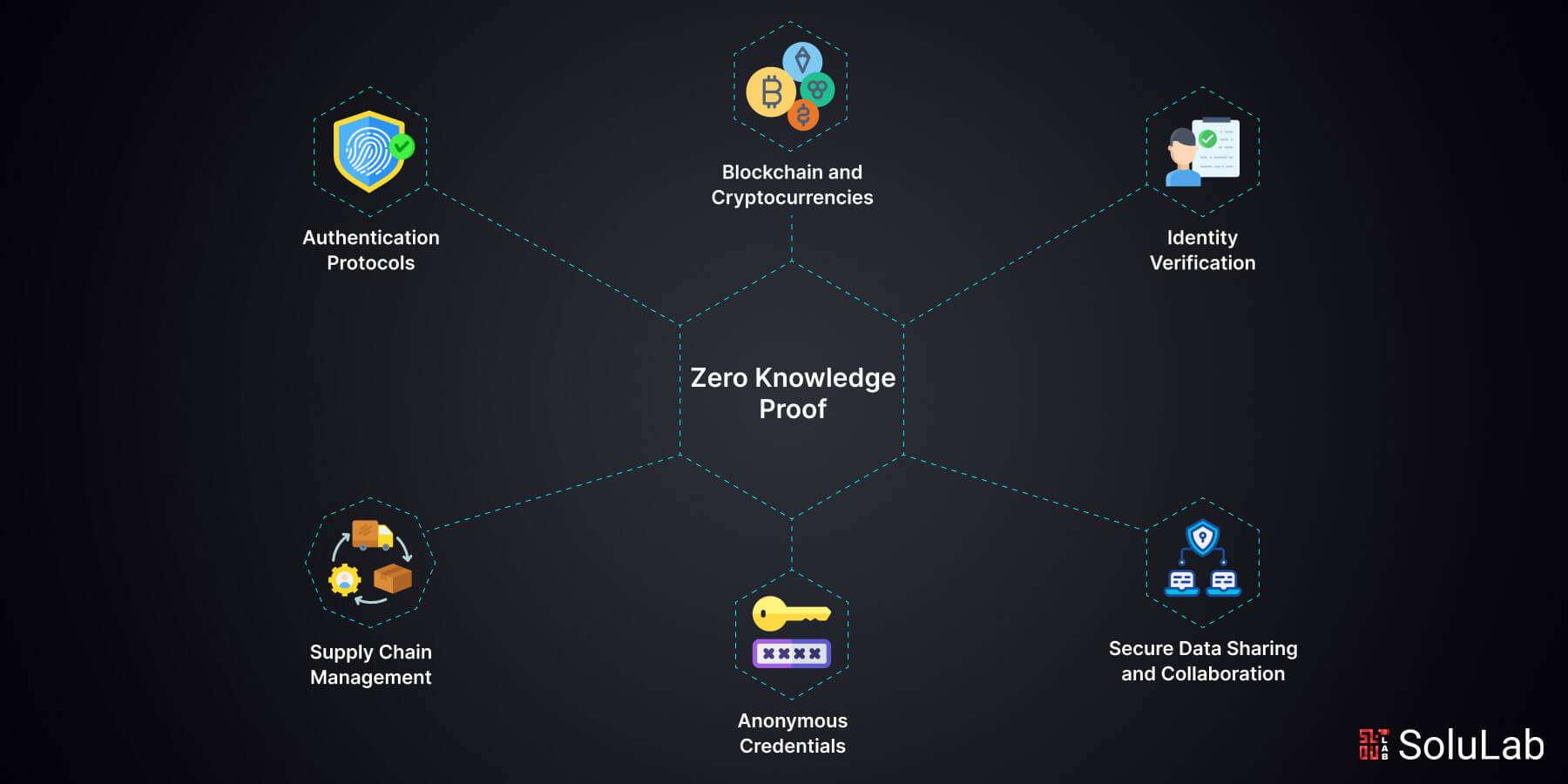
Compliance with Data Minimization Principles: Organizations using DID wallets with ZKPs can verify user eligibility or compliance without collecting or storing excess personal data, supporting regulatory requirements for privacy.
-

Real-World Adoption by Leading Platforms: Solutions like Polygon ID, Sismo, and zkPass have integrated ZKPs to enable privacy-preserving identity verification and reputation proofs for users.
-
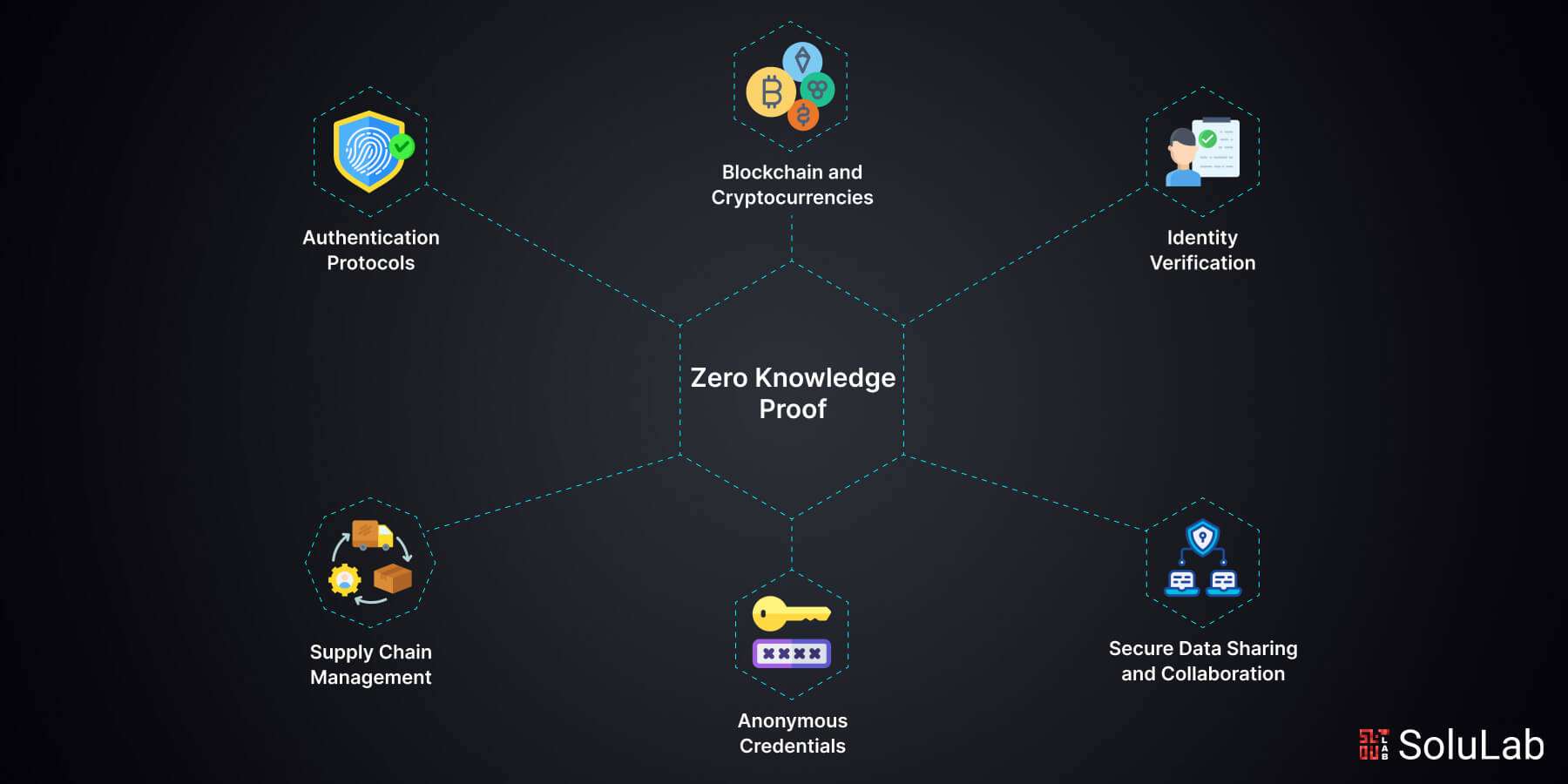
Reduced Risk of Data Breaches: Since sensitive identity data is not transmitted or stored during verification, ZKPs significantly lower the attack surface for hackers and help prevent large-scale data breaches.
Key Takeaways for Users
For individuals seeking greater control over their digital identities, adopting a decentralized identity wallet with ZKP functionality offers several distinct advantages:
- Selective Disclosure: Share only what is strictly necessary for any verification process.
- Enhanced Security: Sensitive data remains encrypted and never leaves your device.
- User Empowerment: Retain self-sovereign control over credentials without reliance on centralized intermediaries.
- Regulatory Compliance: Align with global privacy laws through data minimization by design.
The evolution of zero-knowledge technology in digital identity is not just about protecting personal information; it’s about redefining how trust is established online. For those interested in a deeper technical dive or implementation strategies for privacy in decentralized identity wallets, refer to this resource on ZKP-powered privacy.
The coming years will see further integration of ZKPs into everyday applications – from cross-border finance to decentralized social networks – ensuring that privacy remains a foundational pillar of the new digital paradigm.






